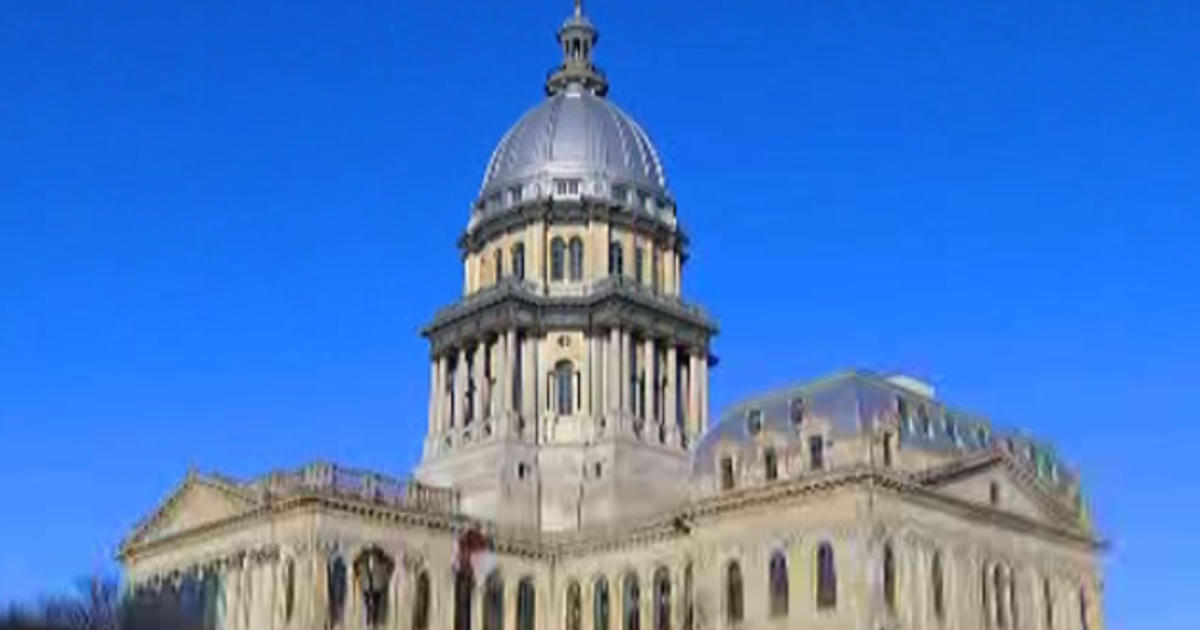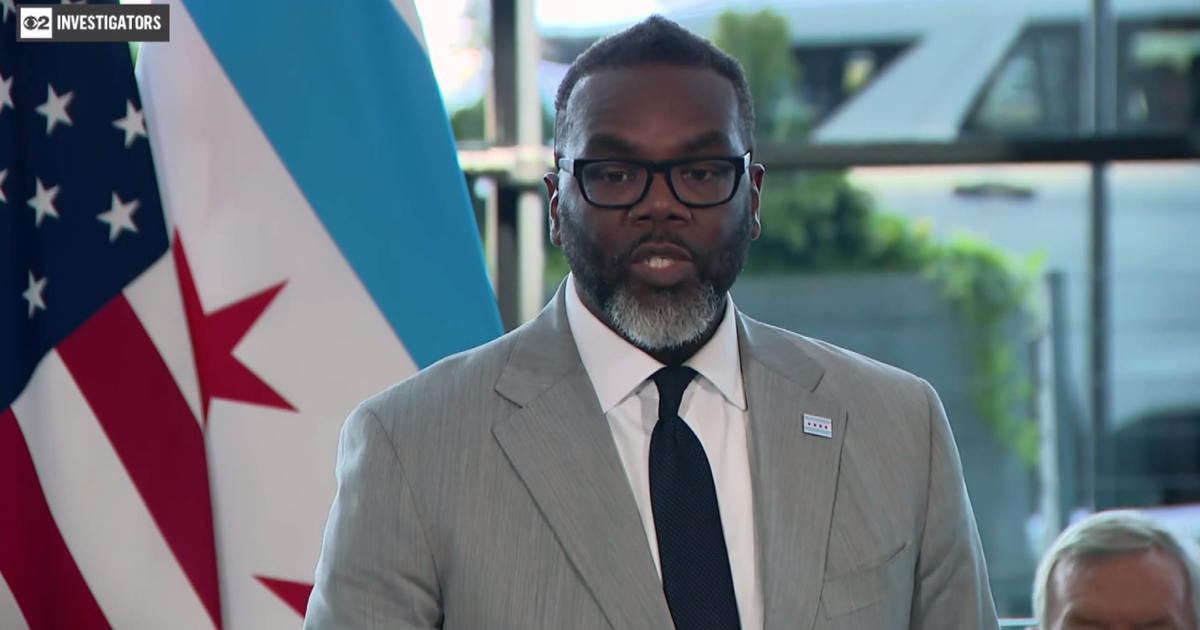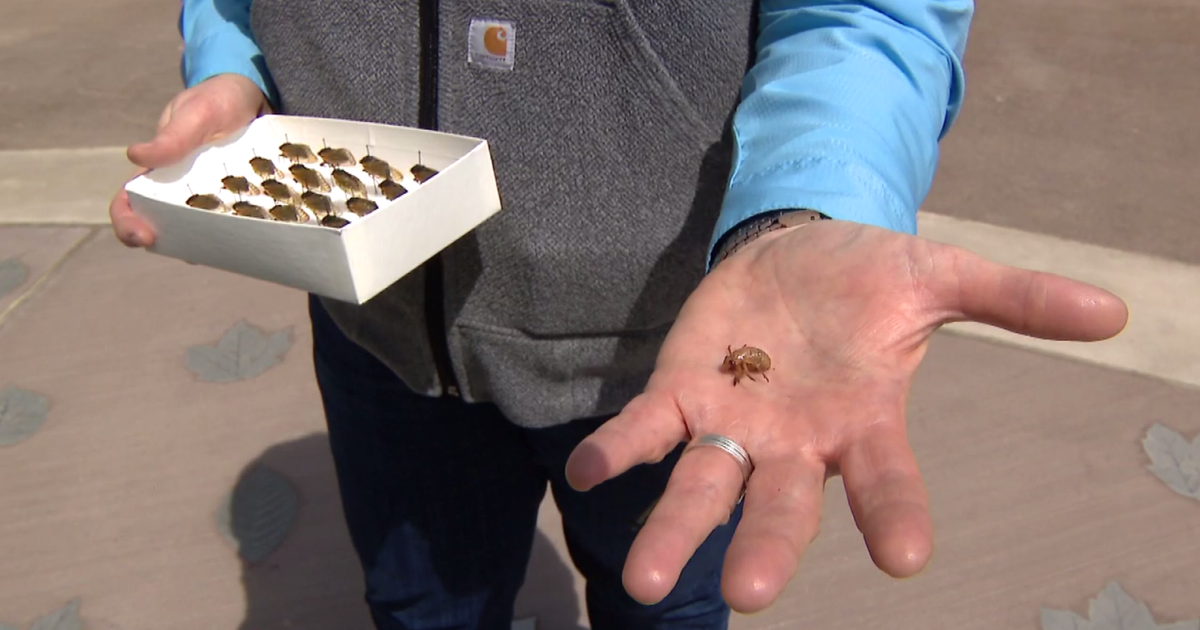New Show 'Hunted': Smart Phones, Computers Can Give You Away
CHICAGO (CBS) -- If you watched CBS's "Hunted" on Sunday, you may have seen how investigators could use any means at their disposal to catch fugitives. Everywhere people travel can be easily tracked, and their data easily discovered. Just a few taps of a keyboard can connect friends, family, companies and government agencies.
CBS 2's Erin Kennedy reports on how many traces people leave behind from the minute they wake up. She noticed that even by using credit cards, people are being tracked.
"I see a couple of cameras on my way to the bank to get cash, thinking that if I'm paying in cash, hopefully I'm staying of the grid, but that's not necessarily what's happening?" Kennedy asked Evolve Security CEO Paul Petefish
"Right, you're absolutely going to be on camera here" he said.
Petefish and Kennedy counted at least six cameras at a Chicago intersection. City police use cameras along with facial recognition to catch criminals. However, Petefish said people should worry about the data these cameras are recording and possibly storing.
"I don't know if anybody really knows if they're archiving it, if they're storing it and securing it properly. Those are definitely concerns, and is that network safe? Can people tap into it?" asked Petefish.
Breadcrumbs fall even before people step outside their front doors. They may check e-mails or post something on social media. Homes may have WiFi enabled refrigerators and digital assistants such as Alexa that listen for inquiries and record speech.
"The reality of it is companies like Facebook, Google, Apple, Microsoft probably have more information on us, about us, who we talk to, our GPS coordinates than the government," said Petefish.
He said two devices we rely on contain the most information about us.
"90 percent of anything you do digitally is tracked through your computer or your cell phone," said Petefish.
A lawsuit recently filed in Illinois claims Chicago police used a cell site simulator device to collect information from smartphones during a Martin Luther King Day rally in 2015.
"It could potentially be used to overhear conversations, to take browser histories and do other very invasive surveillance of phones," said privacy attorney Matt Topic.
Topic says these devices can capture data from tens of thousands of phones at a time and up to a mile away.
"It's like our whole lives are in our pockets and in our phones," said Topic.
Petefish says the "airplane mode" setting can help keep data safe on certain phones.
Karl Blumenthal employs that technique.
"Every day people want to take back control of what information is around about them," he said.



